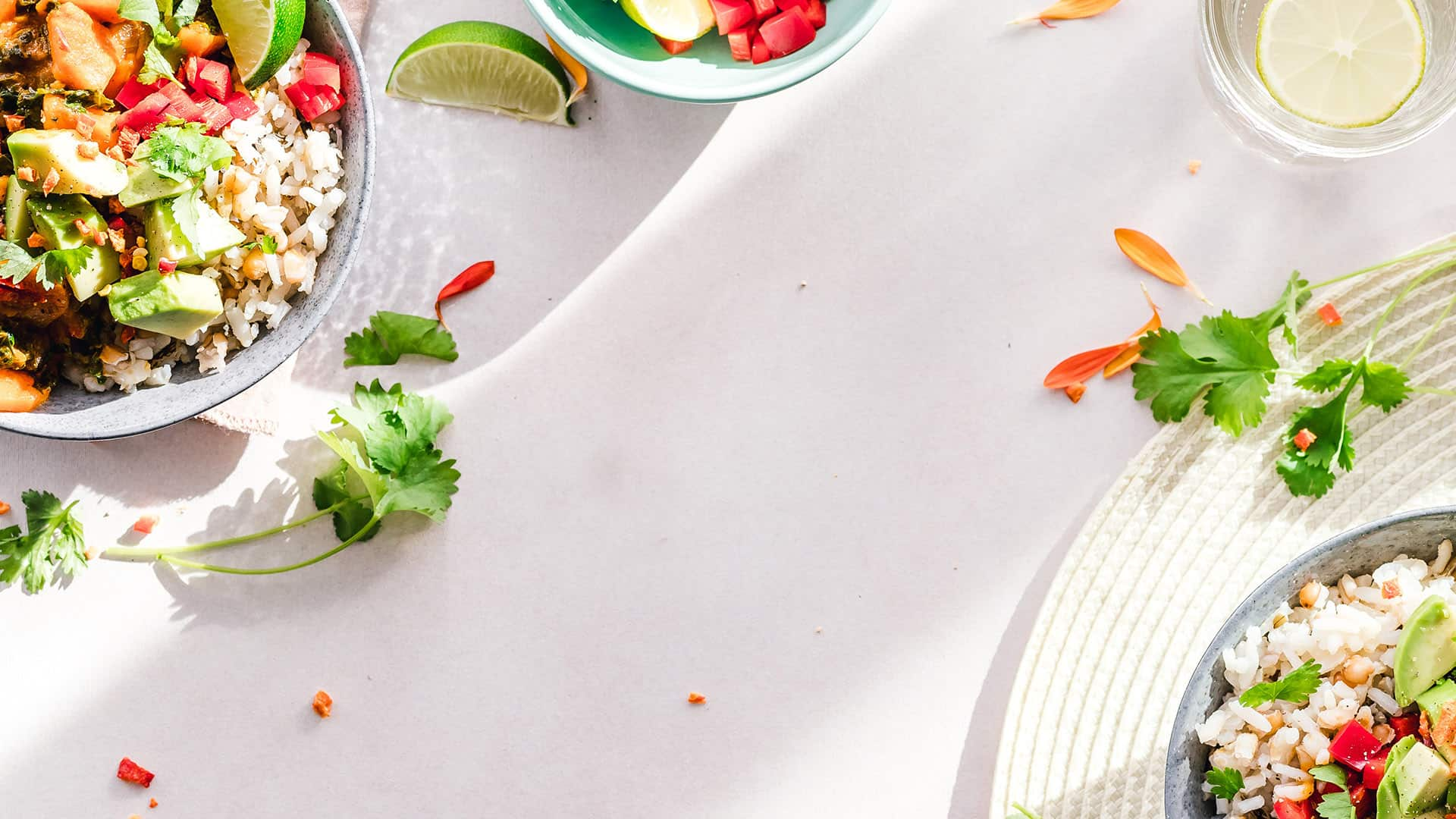

Superfish Growers pilot Brunei’s first vertical strawberry farm
Having set up greenhouses in 2018 to plant Brunei’s first Japanese muskmelons, Superfish Growers are now unveiling their latest pioneering pursuit: the sultanate’s first indoor strawberry vertical farm.
Located on the same site as their melon farm at the Agrotechnology Park in Kg Tungku, Superfish’s strawberry farm is a compact setup – with a floor space much smaller than a residential house – featuring 2,000 plants spread across four vertical racks, each five stories tall.
Co-founder and CTO of Superfish, Lee Wei Sheng, reported to BIZ Brunei that they’ve been experimenting with their pilot setup since 2019, having outlined two initial commercial goals: to export their own patented system of farming strawberries, and to set up a commercial farm of 10,000 to 15,000 plants by next year, capable of producing 40 tons to 60 tons of strawberries every eight months.
Sheng explained that the Covid-19 pandemic accelerated their focus on developing their vertical farm system, as rising logistics costs and food shortages globally increased their viability as an option to reduce dependency on imports and bolster local production.
“The idea we want to explore here is can we implement farming systems that will allow us to grow more valuable crops locally, closer to consumers?” he said.
“This way we will not only save on logistics (shipping and transport costs) and reduce our environmental carbon footprint but also deliver a fresher product to the customer. With the right setup and technology we can control and optimise conditions so we can grow year-round, compared to the traditional season-based planting.”
Sheng is confident that their vertical system – which strives to create an optimal environment by controlling water, air, temperature and light parameters – can be exported to foreign countries, having courted interest from several regional buyers.
“Our local strawberry farm will focus mostly on catering to local demand, but our main angle will be to sell our system to buyers in countries whose climate doesn’t optimally support the traditional farming of strawberries,” he added.
Their pilot setup has successfully planted seedlings of four varieties: the USA’s Ozark Beauty, Netherlands’ Sweet Sensation, Korea’s Seolhyang and Japan’s Beni-hoppe.
Sheng said plants from their pilot have been able to produce up to 1.5-2kg of strawberries each across a five-month season, which is at least four times the yield of a traditional field farm setup, and double the yield of existing indoor farms.
Superfish is pricing the setup and consultancy for a vertical strawberry farm of 4,000 to 7,000 plants for B$500,000 (US$372,450) to B$1 million (US$744,900), while a larger production for 10,000 to 15,000 plants would cost B$1.5 million (US$1.12 million) to B$2 million (US$1.49 million).
The space needed depends on the building height allocated; Sheng said 10,000 plants could fit on 2,000ft2 with a five-story system, while the same floor space could fit 20,000 plants if planting was extended to 10 stories.
Although vertical farms to are more widely known for producing leafy greens, there is a small but growing niche of businesses using the same setup for planting strawberries, due to their higher value and perishability.
Players in this segment are competing on both the technological front and economic viability of their systems, as the higher yield returns have to be balanced against the higher investment costs associated with deploying specialized equipment, precise environmental control, and expertise in understanding the specific requirements of the chosen strawberry variety.
“Setting up (vertical systems) for fruit-bearing plants is more complex; for example, the lights spectrum (using LED) must include more colours, certain amount of red, blue and little bit of green – at different stages of their life cycle, they call for different levels,” said Sheng.
“So, getting the right light recipe is one of the aspects we have spent a lot of effort researching. We also have a software that helps us monitor all our inputs, for us to make smart decisions; and sensors to monitor and alter the temperature, average CO2 and humidity levels so it stays within the indicated levels.”
Since setting up in 2018, Superfish have expanded their commercial product range to include several types of melons and chilies, while also opening up contract farming opportunities for Bruneians to set up their own small farms at their site using their system.
If you have any questions or would like to get in touch with us, please email
info@futureofproteinproduction.com






